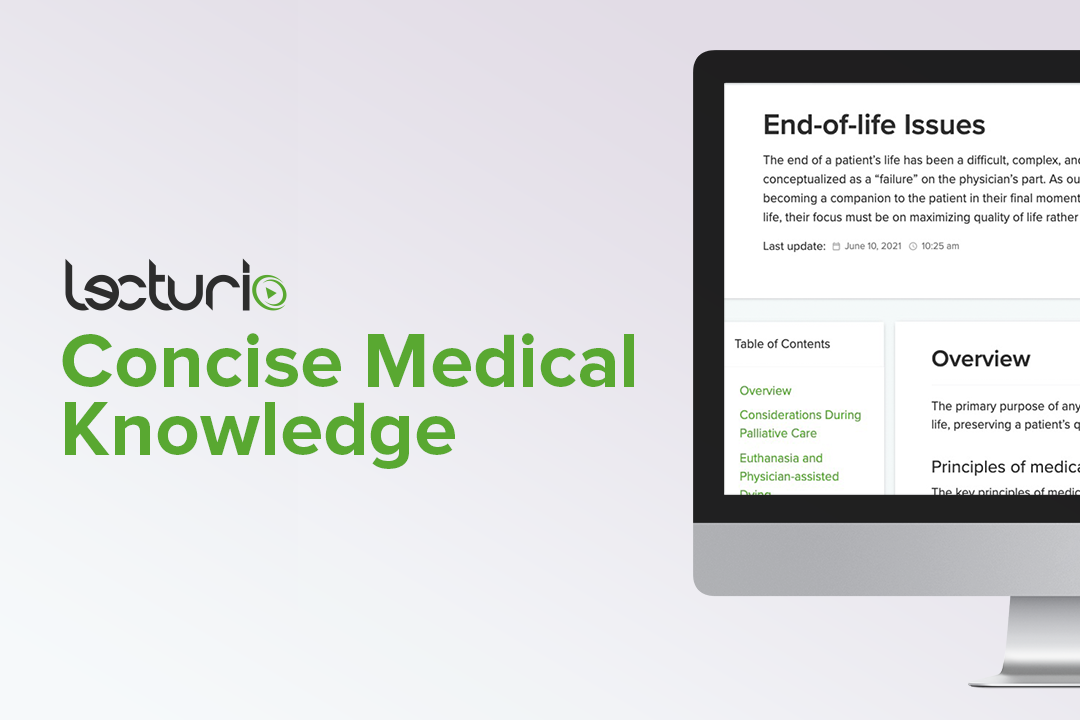Playlist
Show Playlist
Hide Playlist
Palliative Sedation
-
Slides Palliative Sedation.pdf
-
Download Lecture Overview
00:01 Another important concept to consider, especially for patients that are near the end-of-life, is something called palliative sedation. 00:10 So this is when there are one or more severe symptoms that are just refractory to standard palliative care. 00:16 So you've tried every tool in your your toolkit to try to help relieve that person of their discomfort, but they're still having these severe symptoms. 00:28 In general, palliative sedation should only be considered for patients that are close to death. 00:33 And this is really in the the situation where you're vigorously trying to treat symptoms with therapy known to be efficacious. 00:41 So you're perhaps bringing in consultants, palliative care experts, and trying to figure out how to relieve the symptoms, but they are intractable. 00:51 So you decide to perform sedation. 00:55 So it should have a therapy that is dose dependent side effect of sedation, you foresee that, you know, the the person might become unconscious, might be sedated from these medications, again, in order to relieve their severe symptoms, but its unintended consequence in the sedation, because really your main aim the good consequence is relieving their intractable symptoms. 01:21 The level of sedation that needs to be achieved should be proportionate to the patient's level of distress. 01:28 So if they are just so uncomfortable, so distressed by their symptoms, you might need a further level of sedation, on knowing that that might mean you know, their unconscious, not really able to interact with their environment. 01:46 And then if a person is in palliative sedation, obviously they can't, you know, take in nutrition, hydration, and you're going to know that at some point they're going to die. 01:58 The expectation is that it's really a death from the underlying disease process that has been causing these intractable symptoms. 02:05 There will certainly be some amount of dehydration or malnutrition, because they've not been taking any kind of nutrition or hydration. 02:16 But the intent is the sedation of the person to relieve the symptoms. 02:23 There might be these other intervening complications that happen when they're unconscious. 02:27 But again, your intent is their pain and symptom relief.
About the Lecture
The lecture Palliative Sedation by Mark Hughes, MD, MA is from the course Ethical Considerations in Palliative Care.
Included Quiz Questions
What are guidelines for palliative sedation? Select all that apply.
- The level of sedation should be proportionate to the level of distress.
- The patient must be close to death.
- Patients must be within one week of death.
- Patients should be force-fed to maintain nutrition.
- The patient does not need to have a clinical benefit from the intervention.
Customer reviews
5,0 of 5 stars
| 5 Stars |
|
5 |
| 4 Stars |
|
0 |
| 3 Stars |
|
0 |
| 2 Stars |
|
0 |
| 1 Star |
|
0 |




